When contemplating the car’s future, we tend to concentrate on the buzz subjects about which we have talked for some years: electrification, connectivity, car sharing and autonomy. They’re vital topics: working together they promise greater efficiency, safety and convenience than we’ve yet known.
But there are more surprising, less publicised matters heading for radical change, too. In the brave new tomorrow, what will happen to conventional car ownership, for instance? Or insurance costs? Or the simple enjoyment of classic car ownership? Will we still be able to drive freely on the road and obtain (or afford) the fuel we need? Will the fossil-fuel cars we decide to retain attract more punitive taxes than before? One of the fascinations of studying Autocar’s past quarter-century is knowing that all of the above matters – and many more – will be decided before we’re even halfway through the next.
If all new cars are required to be electric from 2035 or sooner, as seems overwhelmingly likely, many of the above decisions will have to be made within the next 10 years. It makes Autocar’s next few years about as different as they could be from the benign and comparatively unchanging period through which we have just lived. Testing times are coming. Here are some of the key points at issue.
Autonomous driving
Don’t ask if it’s coming; it’s already here. Lots of cars can drive down a motorway at a controlled speed between the boundaries of a lane. The difficulty is – and will remain – how to deliver full, safe, hands-off driving in all weather, traffic, light and location conditions. Latest guidance seems to be that Level 4 autonomous driving is very difficult to achieve and the top-tier full Level 5 at least a decade away. Then the issue becomes integration: when it comes, how will it fit into the world of the cars we already have?
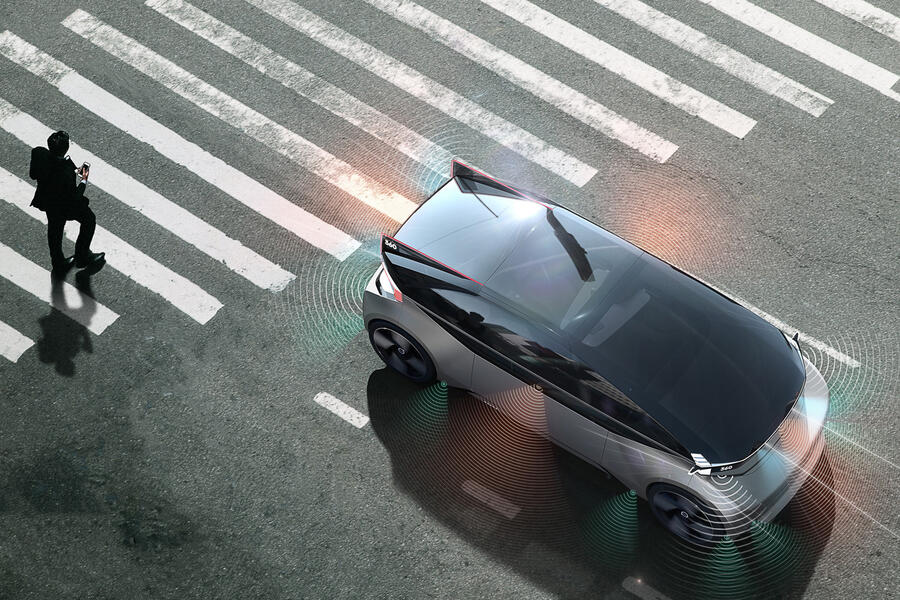
Changeover years
We’re accelerating rapidly towards the moment car buyers will be forced to ditch internal combustion and embrace electric. But how will the law change on the way? Will ICE cars be penalised more and more towards the cut-off date? Will there be dispensation or subsidy for zero-CO2 synthetic fuels? (Shell and BP are among those working hard on them now.) Will people who want to buy ICE cars until the last minute – in order to maintain the old order as long as possible – be able to? We will know all of these things within the next decade.
Classic car ownership
There are at least 500,000 classic car owners in this country, and many more people (who are also voters) derive a living trading in them or keeping them going. Millions more aspire to own a classic. But today’s values assume a high degree of usability. A workable system will be needed, post-electrification, to cater for the Ford Mustang or MG B owner who drives a mere 2000 miles per year and won’t take kindly to being punished financially for his harmless hobby. Those who use high-value classics as investments need to know something of the future. No word yet from the authorities, but it must come soon.

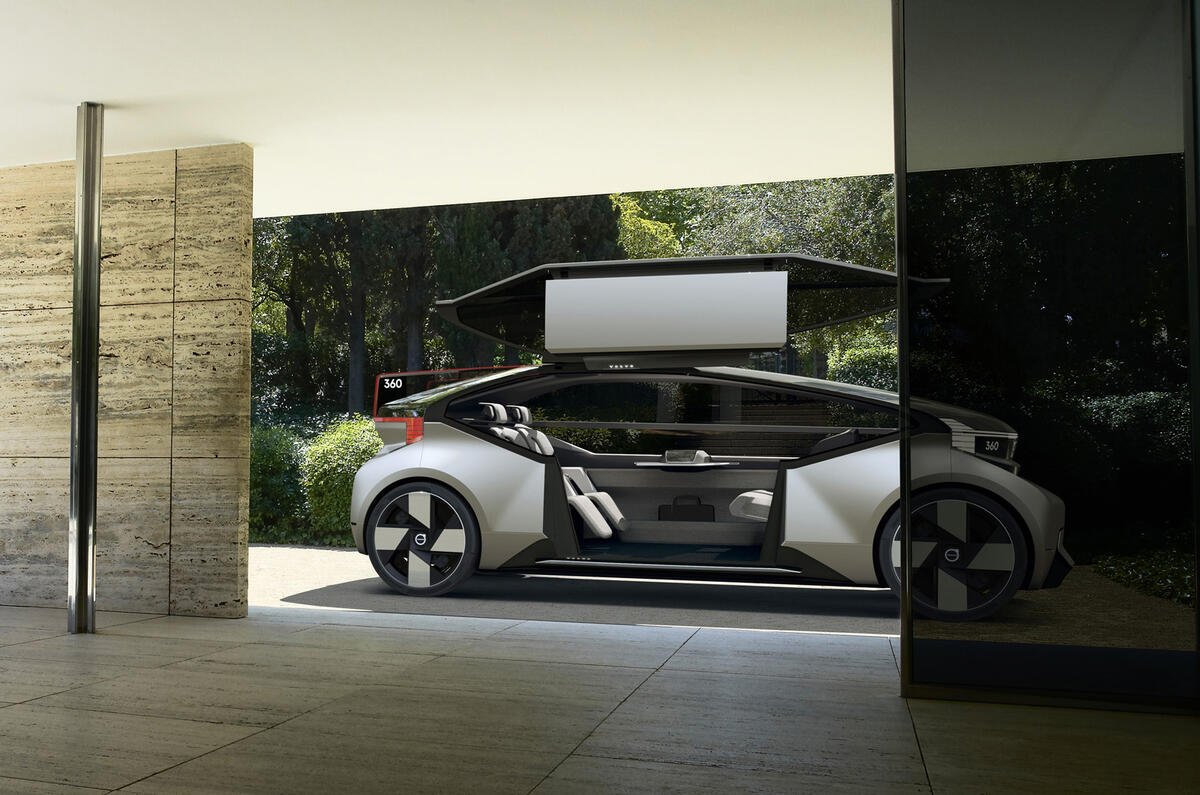
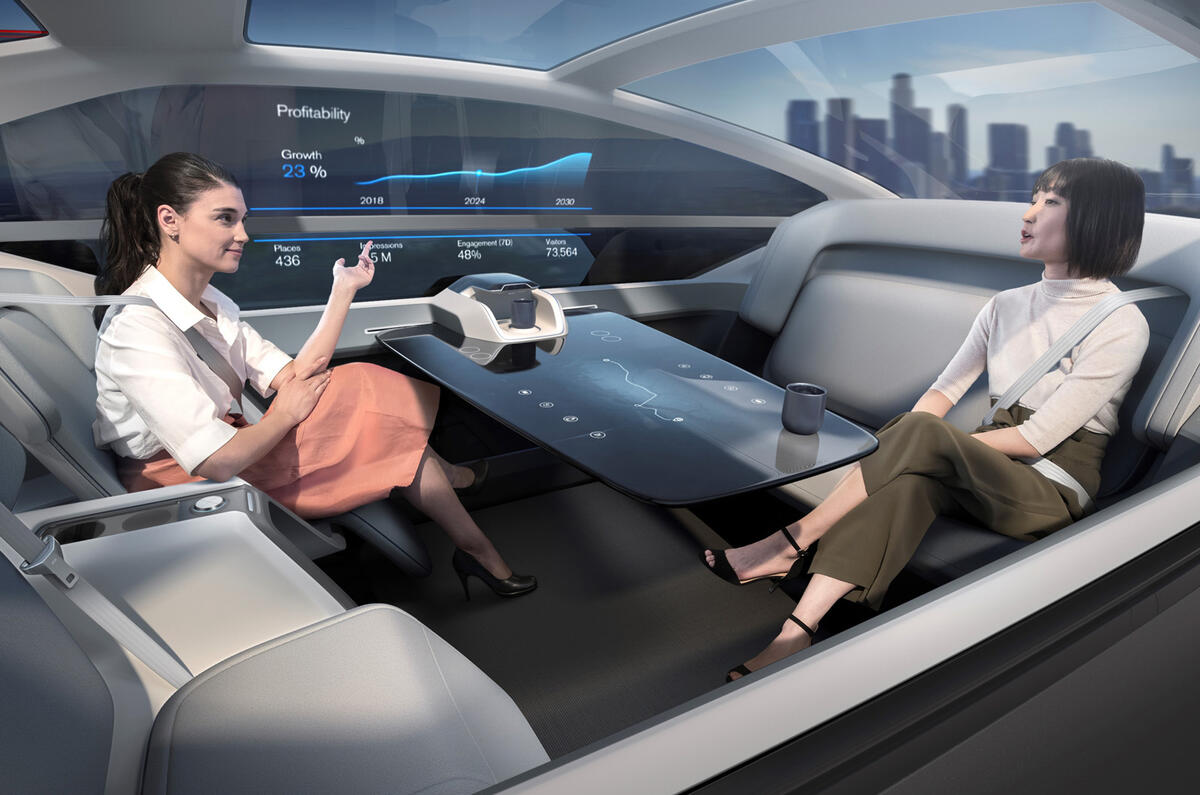
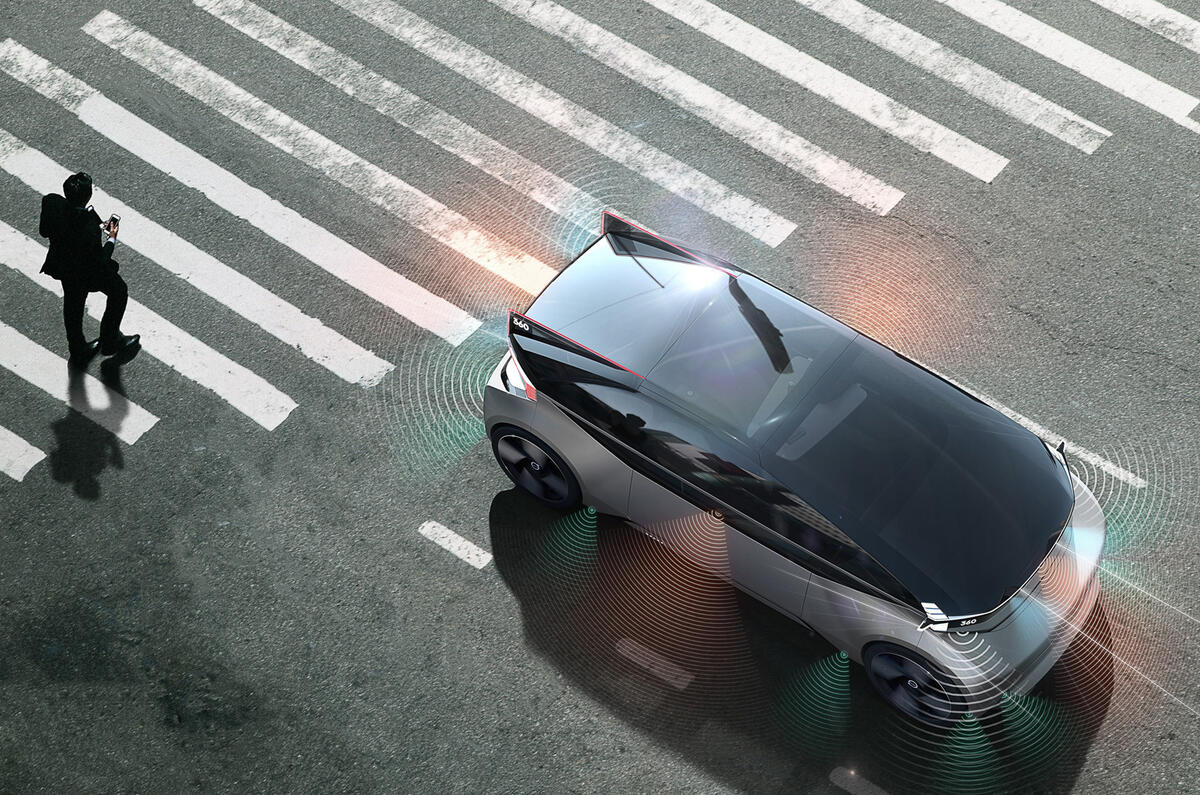

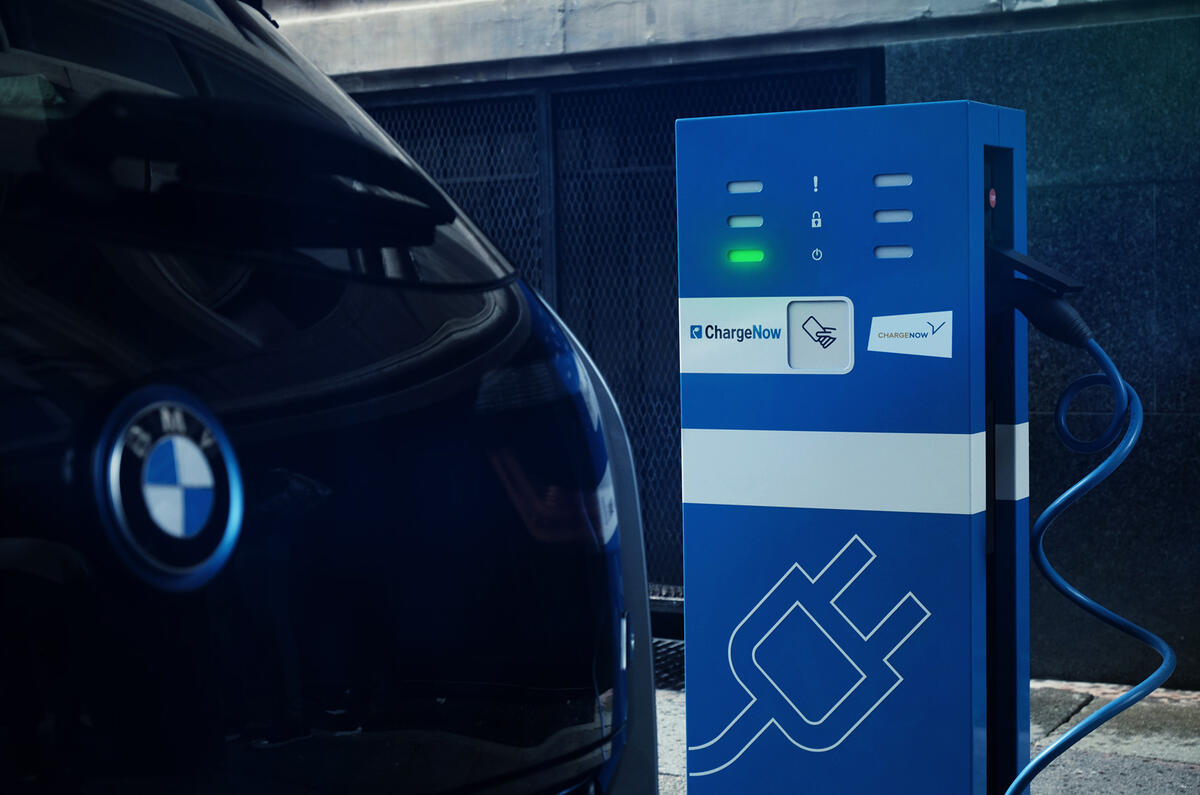
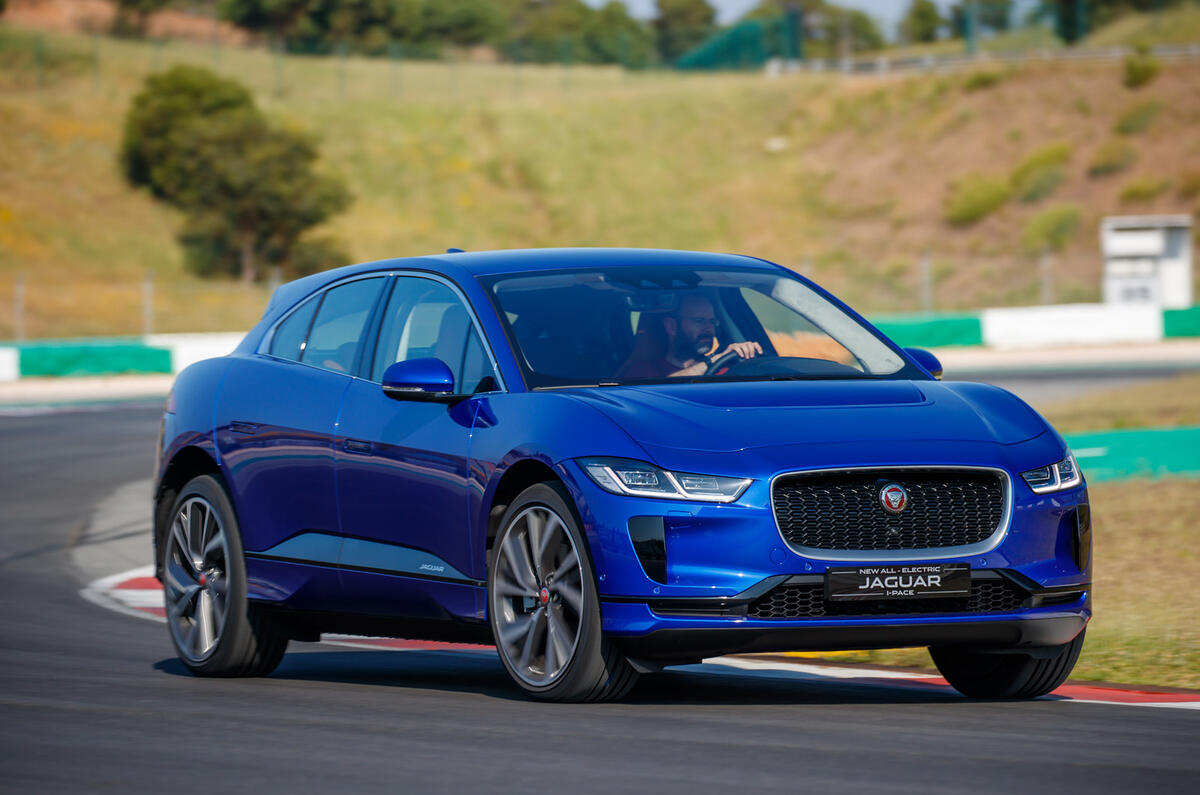
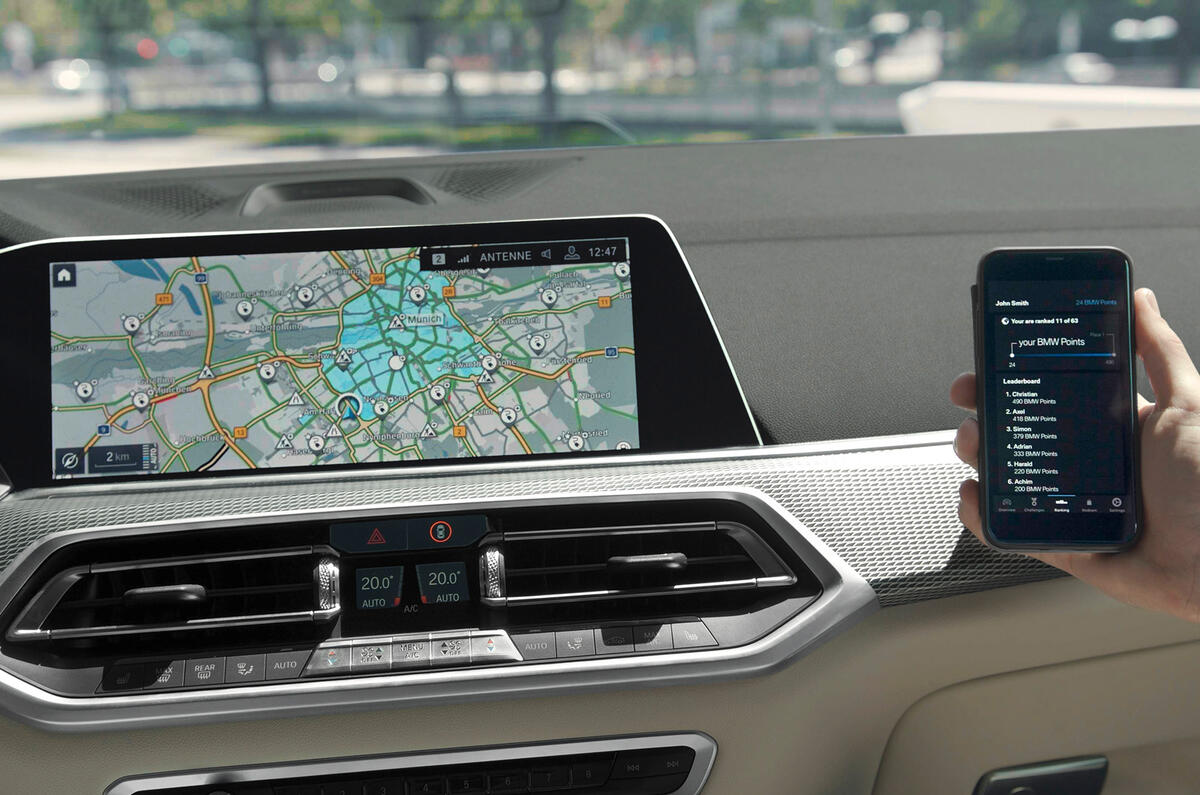
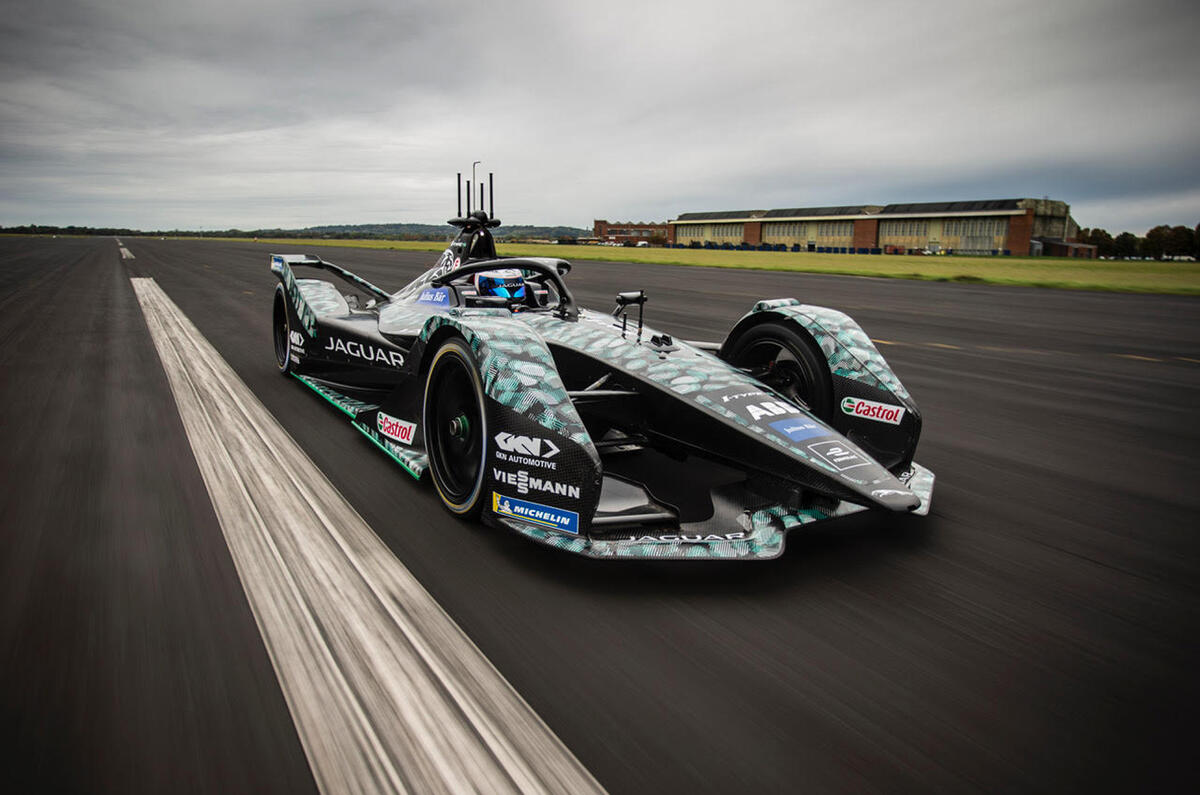
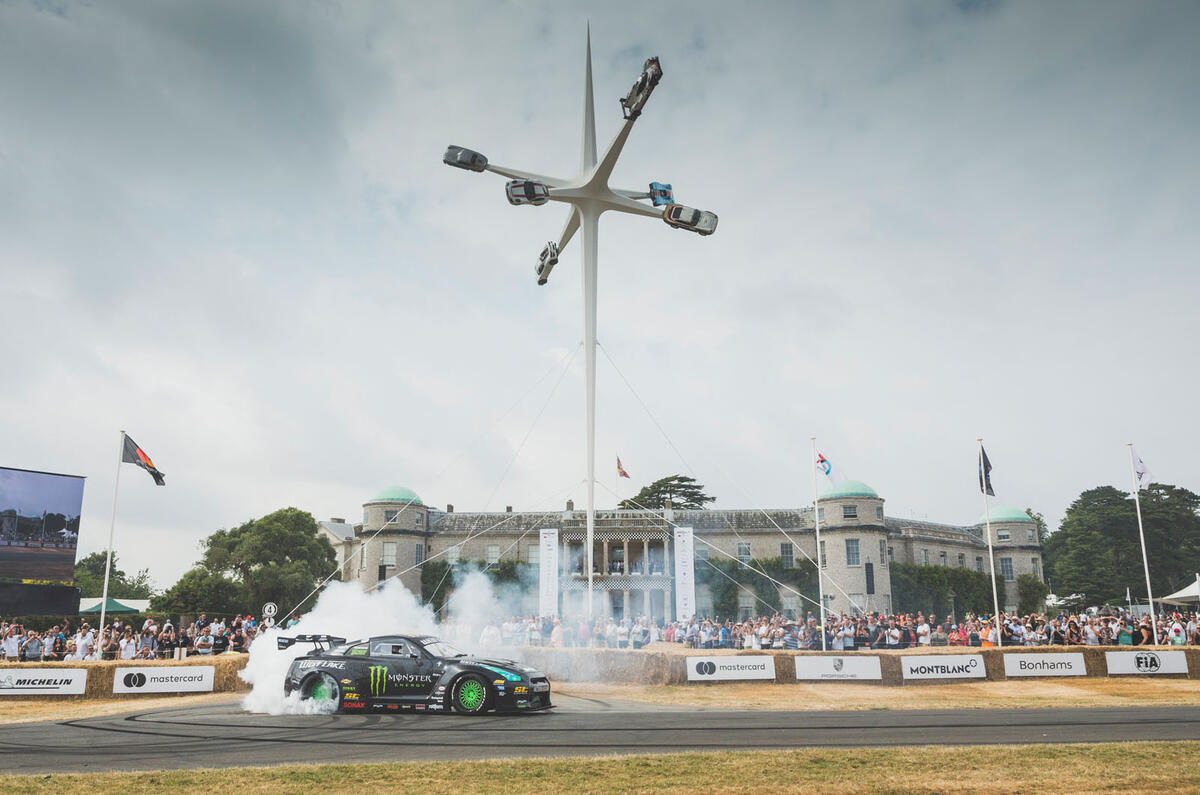
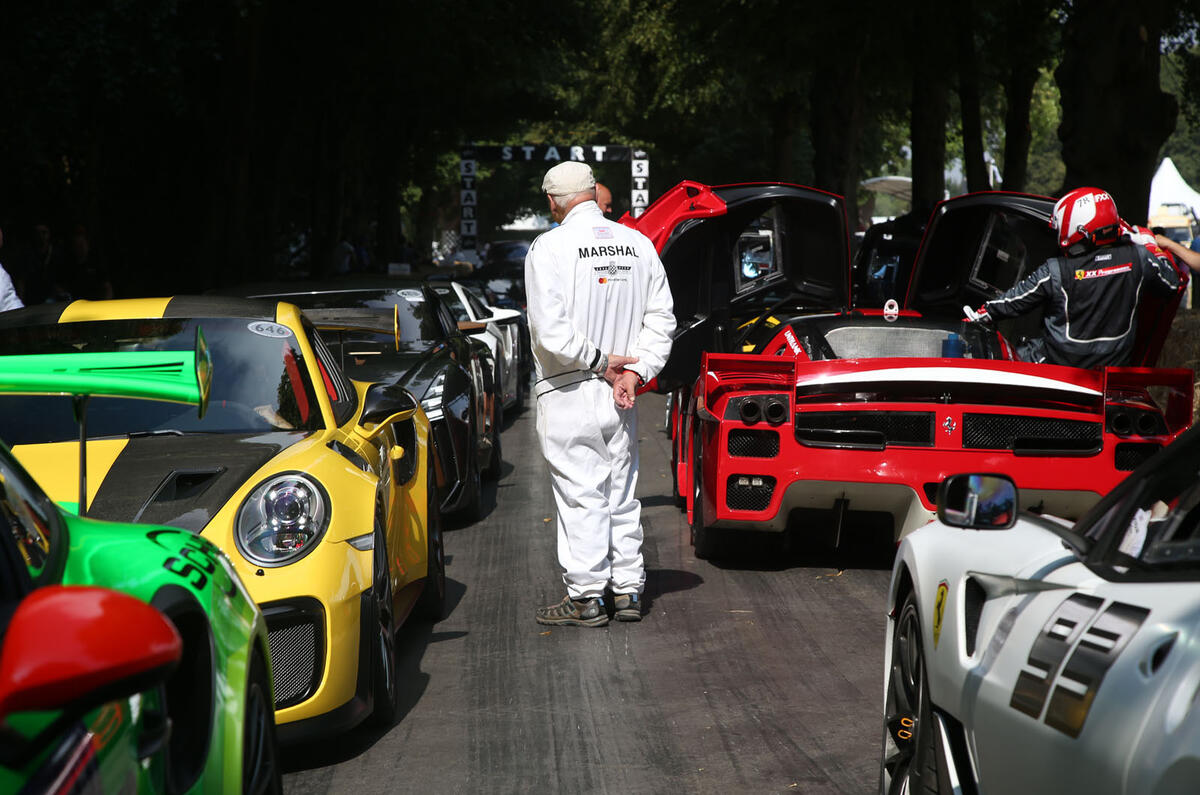
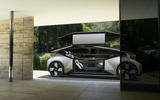

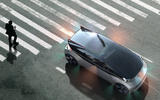


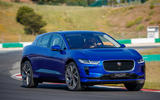





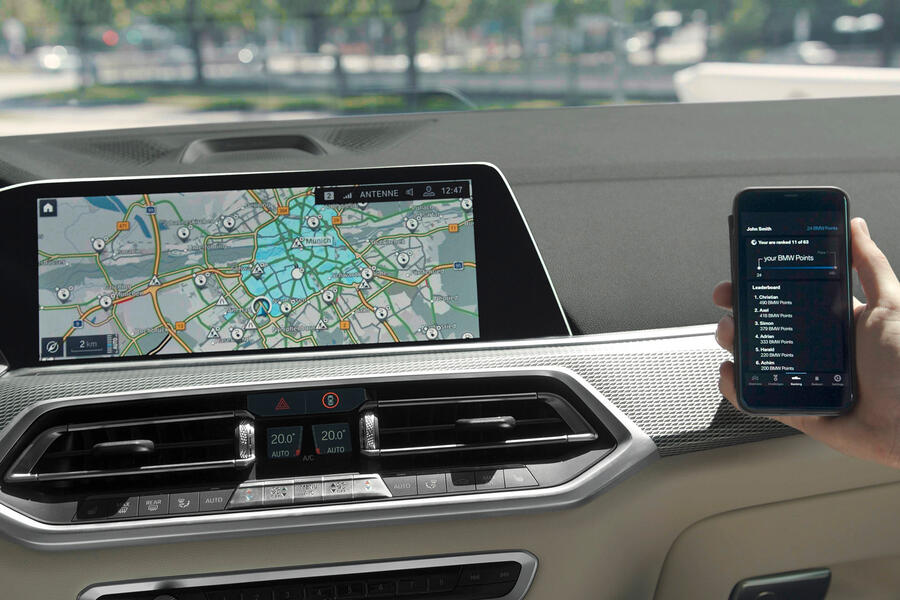
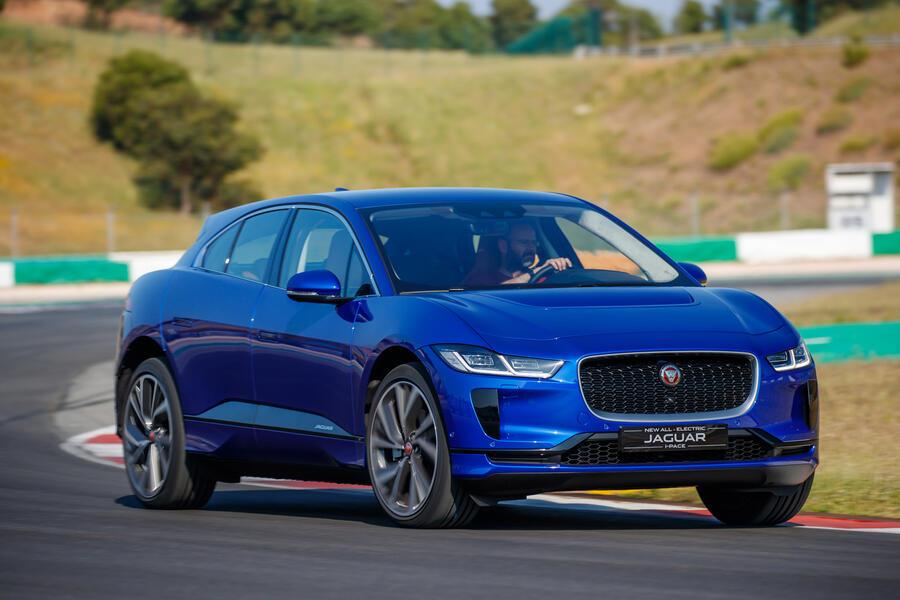

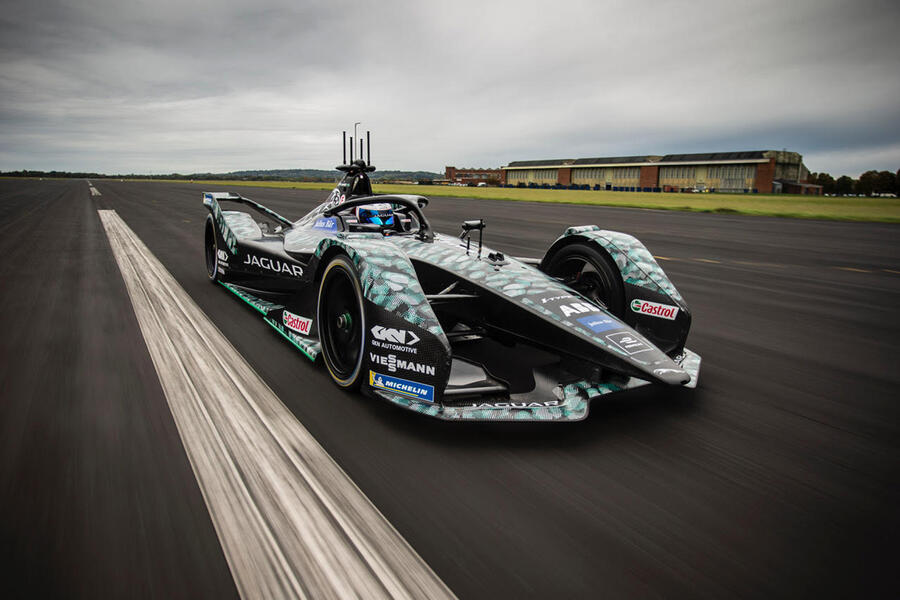





Join the debate
Add your comment
EV's boring . . .?
This view reminds me of a man I met in the early 1970's who informed me with a completely straight face that radial tyres were the death knell of driving excitement as it was so much more fun driving his Triuph Spitfire on crossplies.
@ runnerbean
Your man with the straight face was right....but you do need some driving ability to take advantage of the low grip!
289
As a 23 year old lad with a golf GTi remapped...life's good.
Are politicians mostly to blame?...as a result of individuals such as Greta? Will coming out of Europe change a lot of this?
Now, (2020) I see the car industry at its perfect compromise in terms of performance ICE's and electrification. For those that drive Teslas then the charging network needs a bit more.
The Yaris GR is a breath of fresh air. So is Gordon Murray's new beast of a car. Lotus' car is also incredibly impressive....
Can we not draw the compromise there?
Autocar may have covered 125 years.....
...... but all of them have been covering the Internal Combustion Engine.
This is a whole differnt animal, transport without the passion, efficient silent 'BORING' transportation.
Yes an ev accelerates well, but vomit inducing 'switch-like' acceleration soon loses its novelty, and then it is just silent transportation.
It will be difficult to build in excitement....particularly, as you say, in motorsport.
I really dont know what is going to excite teenagers and create the Dreamcars of the future for them. My guess is that they will be more excited about the next smartphone launch!
I forsee that everyone will be unhappy. The cost of electricity will be forced up - not least because we have foolishly sold out out power generation to foreigners, who will have complete control and charge us pretty much what they like (or threaten to pull the plug on investment), just at the time when we are all being encouraged to move from traditional Oil/Gas central heating to electricity!.
Classic car drivers will probably have difficulty refuelling their vehicles as the cost of stocking petrol at service stations becomes prohibitive for the return on investment.
Spy in the sky measurement of travel will infringe everyones personal data laws, but is the only way that they could cover all roads rather than just motorways with sensors.
As you have already said there is a real danger that the poorer in society who cannot afford (or dont want to afford) minimum £30k for an EV will be priced off of the road with their 10 - 20 year old cars.
So no one will be happy . The whole joyless experience will mean that the car as we know it will become a complete (and expensive) drag.
Finally, I cannot envisage a situation (unless there is a complete breakthrough in technology), where connectivity will work in every road, lane & valley in this country. Connectivity relies on a decent signal, and frankly, despite 3G/4G and now 5G launches, most of the country has poor and inconsistant coverage. I live less than an hour from the Capital and yet the mobile signal here is still no better (read non-existant) than it was 27 years ago when I moved here. So god knows when (if) coverage will ever be complete in say the Highlands of Scotland!
All very depressing, I am glad that I am not 20 years old with this to 'look forward' to.
I consider my self blessed to have been able to enjoy motoring at its best.